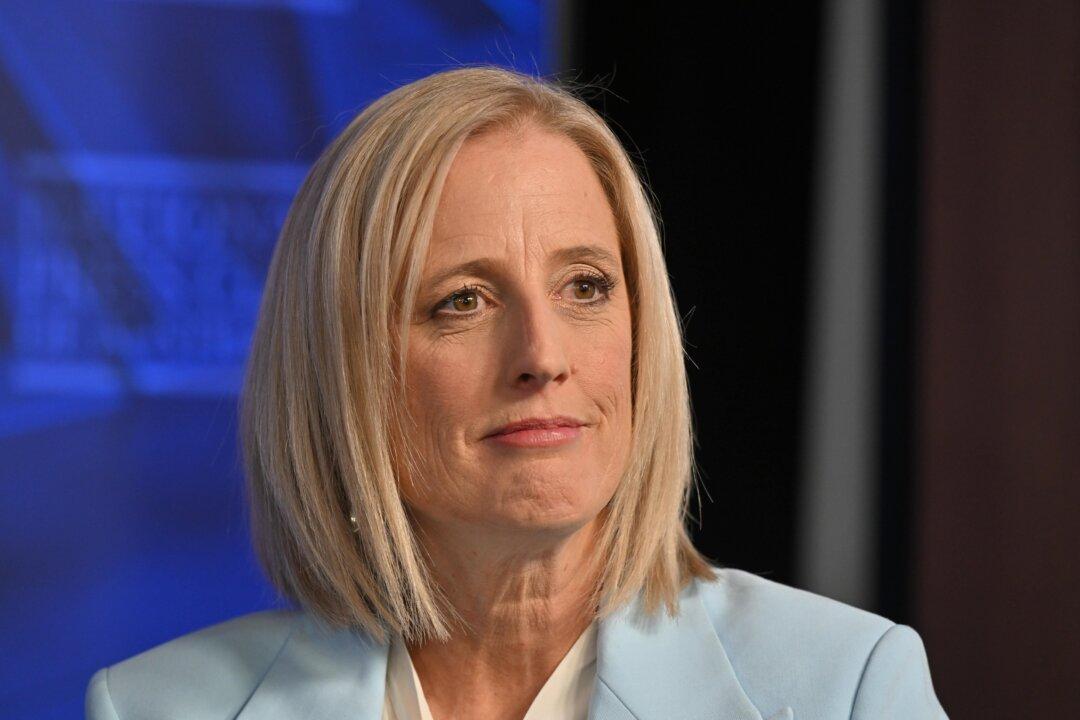Stakeholders presenting evidence before the Economic Legislation Senate Committee on the Future Made in Australia (FMA) Bill extended broad support for the framework but expressed concerns about the law’s overly restrictive eligibility criteria, which could limit support for otherwise viable projects.
They also called for greater policy certainty to encourage private investment and stronger safeguards to ensure the judicious use of taxpayer dollars.





